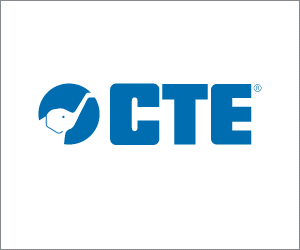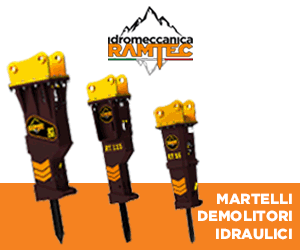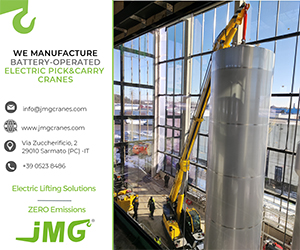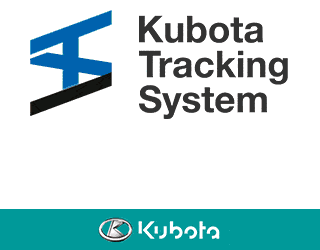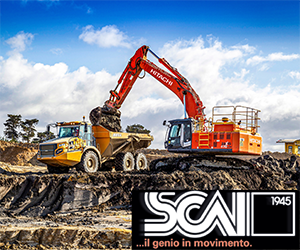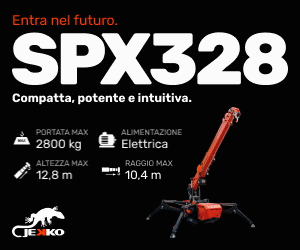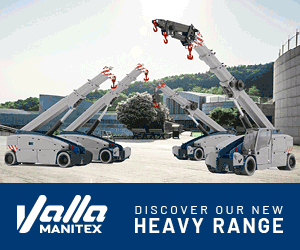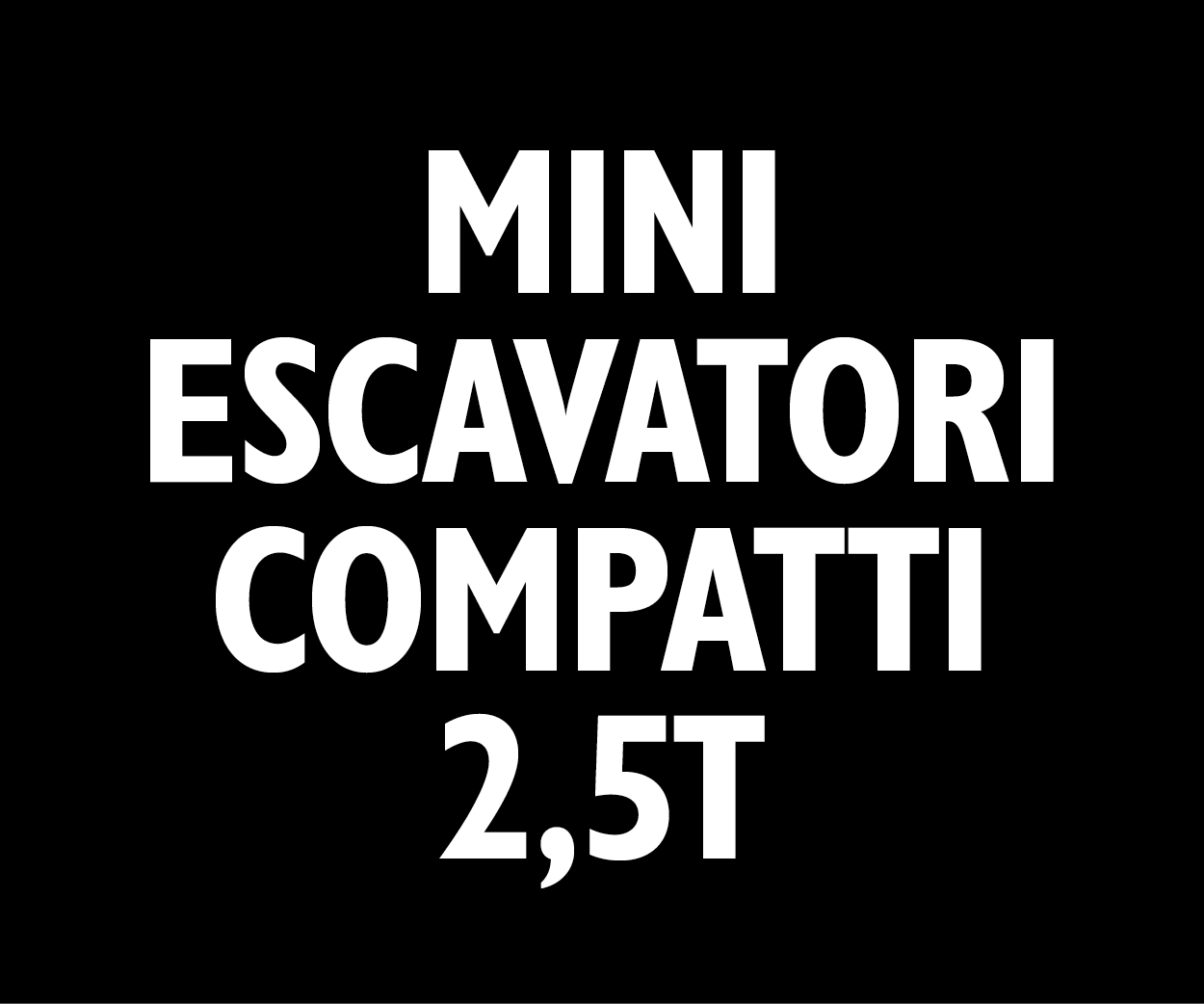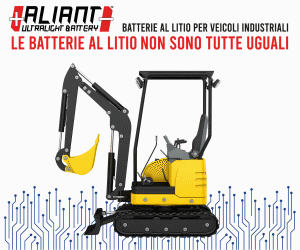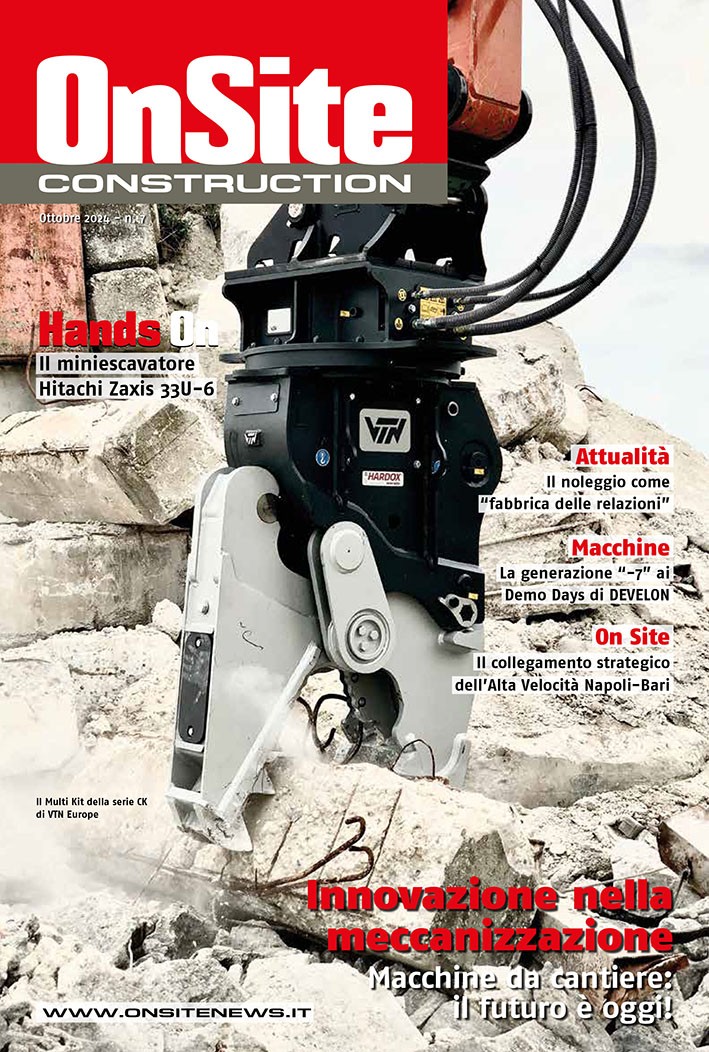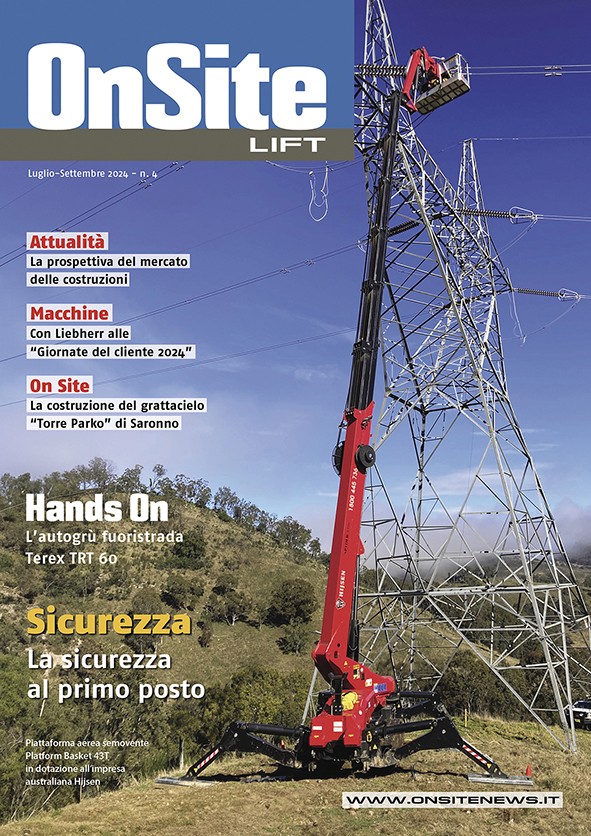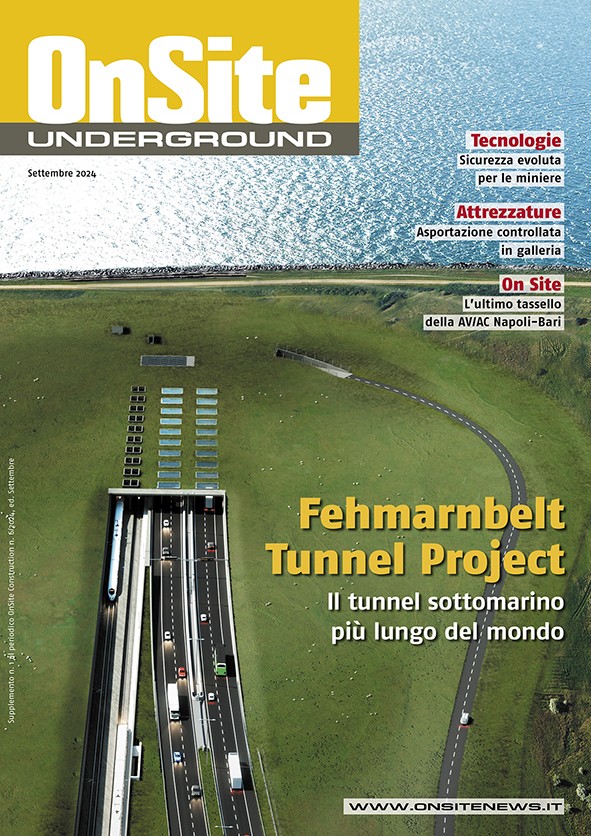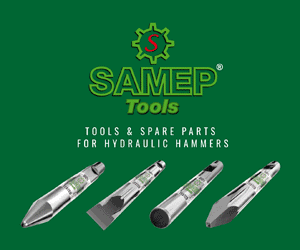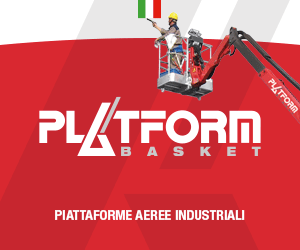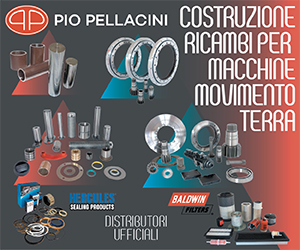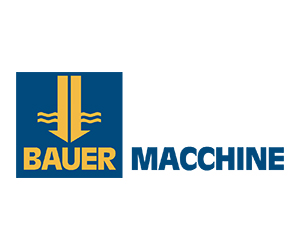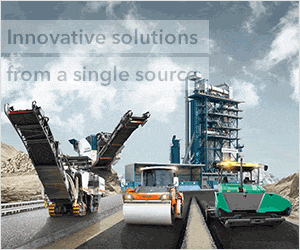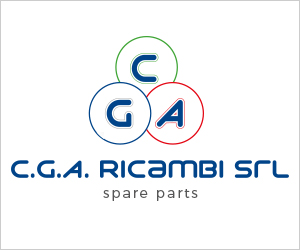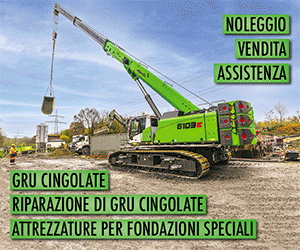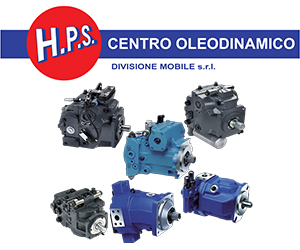Home \ International \ Ballast compaction in railway construction with the HD 10C VV compact roller
Ballast compaction in railway construction with the HD 10C VV compact roller
08/11/2023
Pubblicato da Ettore Zanatta
In Aarau in Switzerland, the Hamm HD 10C VV tandem roller was used in works to upgrade the points.
HD CompactLine compact rollers can be used virtually anywhere in the fields of asphalt construction, earthworks, gardening and landscaping. What many people don't realise is that they also come into their own in railway construction.
In Aarau in Switzerland, the Hamm HD 10C VV tandem roller was used in works to upgrade the points. In these works, compacting the ballast is an integral part of the pre-compaction process. If a ballast bed is not cleanly compacted and homogenised, this can lead to costly processes further down the line. Compact tandem rollers can achieve optimum compacting results on ballast layers, frost protection layers and base courses, as well as water-bound road surfaces and asphalt layers. The articulated compact rollers of the HD CompactLine are ideally suited to railway construction – including the HD 10C VV tandem roller used for the project in Aarau.
The condition of the ballast bed upon which the rails are laid is one of the determining factors for the quality of the guideway. The ballast has a whole host of important jobs to fulfil, which require it to have very specific properties. The basic prerequisites: The ballast follows a clearly defined distribution of stone sizes and fulfils various geometric, physical and chemical requirements. "The weight of a roller is a major consideration in railway construction," explains Jürgen Franzen, foreman for the Rhomberg Sersa Rail Group who are completing the construction works. "Even from around three tonnes upwards, you can see clear differences in the tracks the roller leaves behind. However, the actual problem is hard to see with the naked eye – namely, the graining. This means there are certain fracture points in the ballast. However, the ballast stones need to have certain properties to stick together as required. Too much weight would impair this characteristic. Plus, the compact proportions of the HD 10C VV also make it particularly easy to load onto transport vehicles, so it's a great option for transporting around."
The works to upgrade the points generally take place during normal operation of trains on the adjacent track. In Aarau, the reconstruction work was carried out on a three-shift rotation. Each work step intertwines with the next and they build on each other. This is important because the rail traffic generally resumes operations immediately after the points are installed, since closures are calculated to an absolute minimum. The points were upgraded once the W+ excavation system had excavated, cleaned and reapplied the ballast. While the W+ was doing its thing, the HD 10C VV was compacting the ballast. The tandem roller with vibrating roller drums provides not only the initial compaction, but also a level surface on which to subsequently lay the sleepers flat. This initial compaction essentially gives a degree of compactness to the deposited material. The ballast here already has a certain sticking quality. The HD 10C VV compensates for this with compression and vibration. This way, the material fuses together better. Then the mechanical surfacing stage of the points construction began. After that, it was mechanically tamped to further homogenise the ballast.
“The HD 10C VV has everything I could possibly need to do my job properly. It's intuitive to operate. It has really impressive visibility and excellent driving and handling characteristics,” explains René Neujahr, operator for the Rhomberg Sersa Rail Group.
Jürgen Franzen, foreman of the company completing the construction works, adds: "If there's a raised section in the centre beneath a sleeper, caused by an oversight in the compacting stage, that sleeper could crack. That is relatively easily remedied if it is a track sleeper. But the way the points are here in Aarau means we can't implicate any other points. So everything would grind to a halt. You can tamp it, but you would still need to remove the sleeper afterwards and properly refurbish it. Our Hamm roller helps ensure this doesn't happen."

Ultime notizie di Wirtgen Macchine
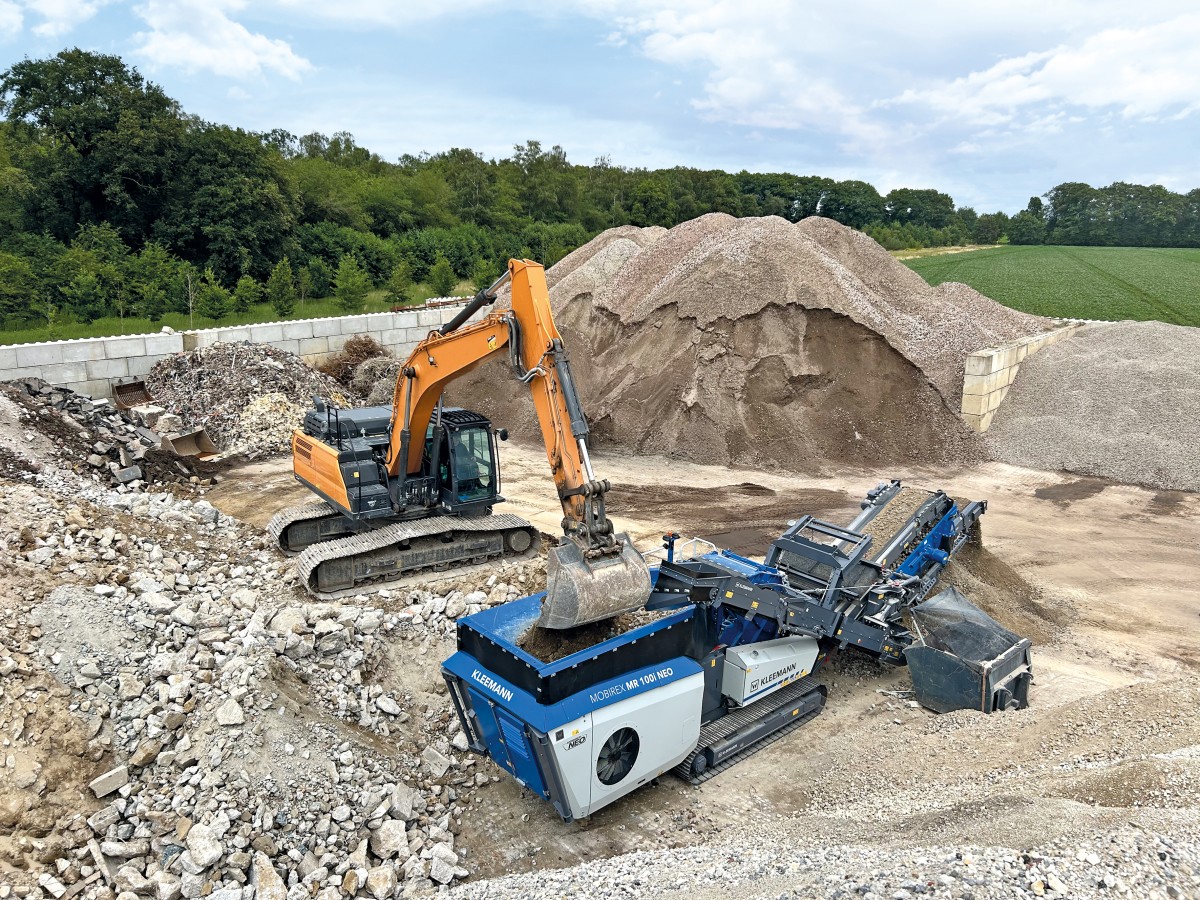
Earthmoving Machinery
21/11/2024
Kleemann: New compact crusher used for recycling
Impact crusher MOBIREX MR 100i NEO impresses during operatio...
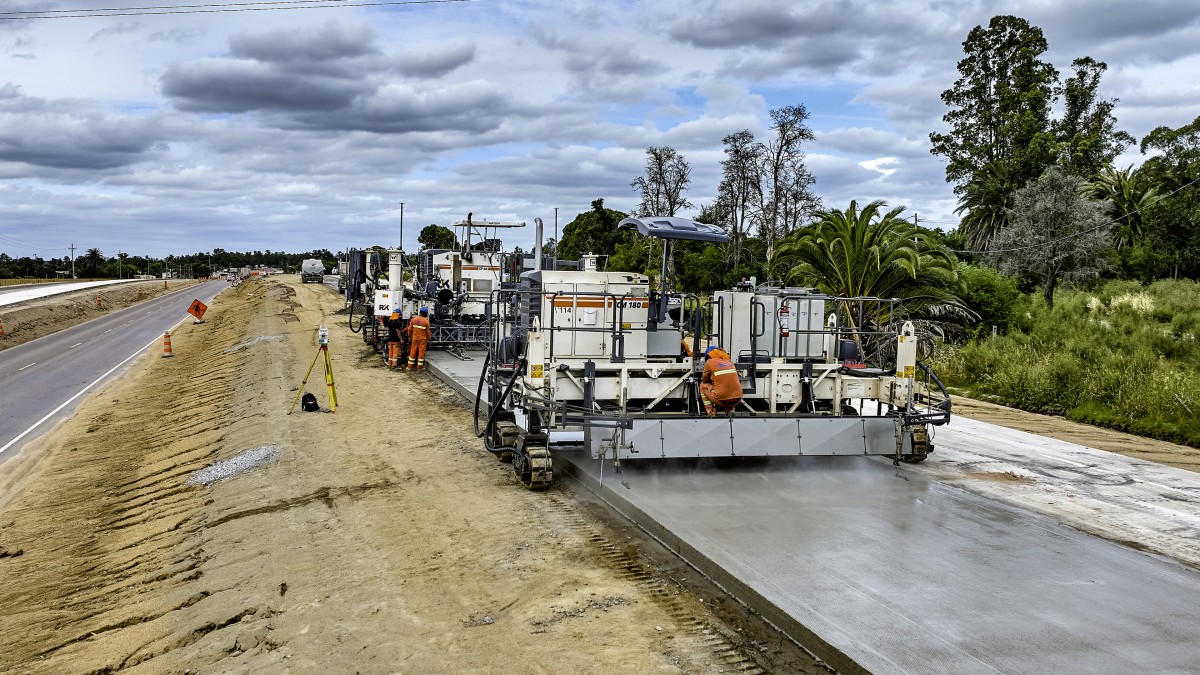
Road Machinery
04/11/2024
Wirtgen: Widening of the Ruta 5 highway from Montevideo to the Brazilian Border
Efficient concrete paving solutions from Wirtgen ensure the...
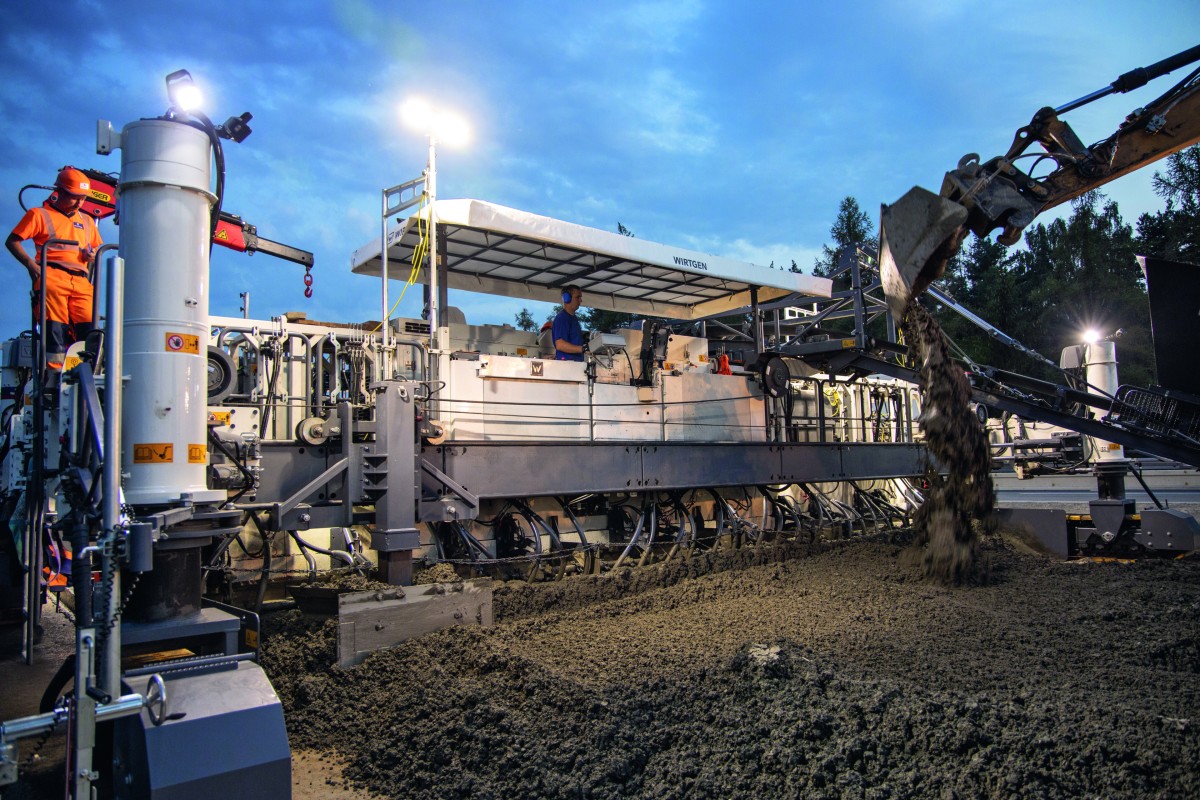
Road Machinery
31/10/2024
Wirtgen: Concrete paving with inset slipform pavers
Wirtgen has been offering machines for inset slipform paving...
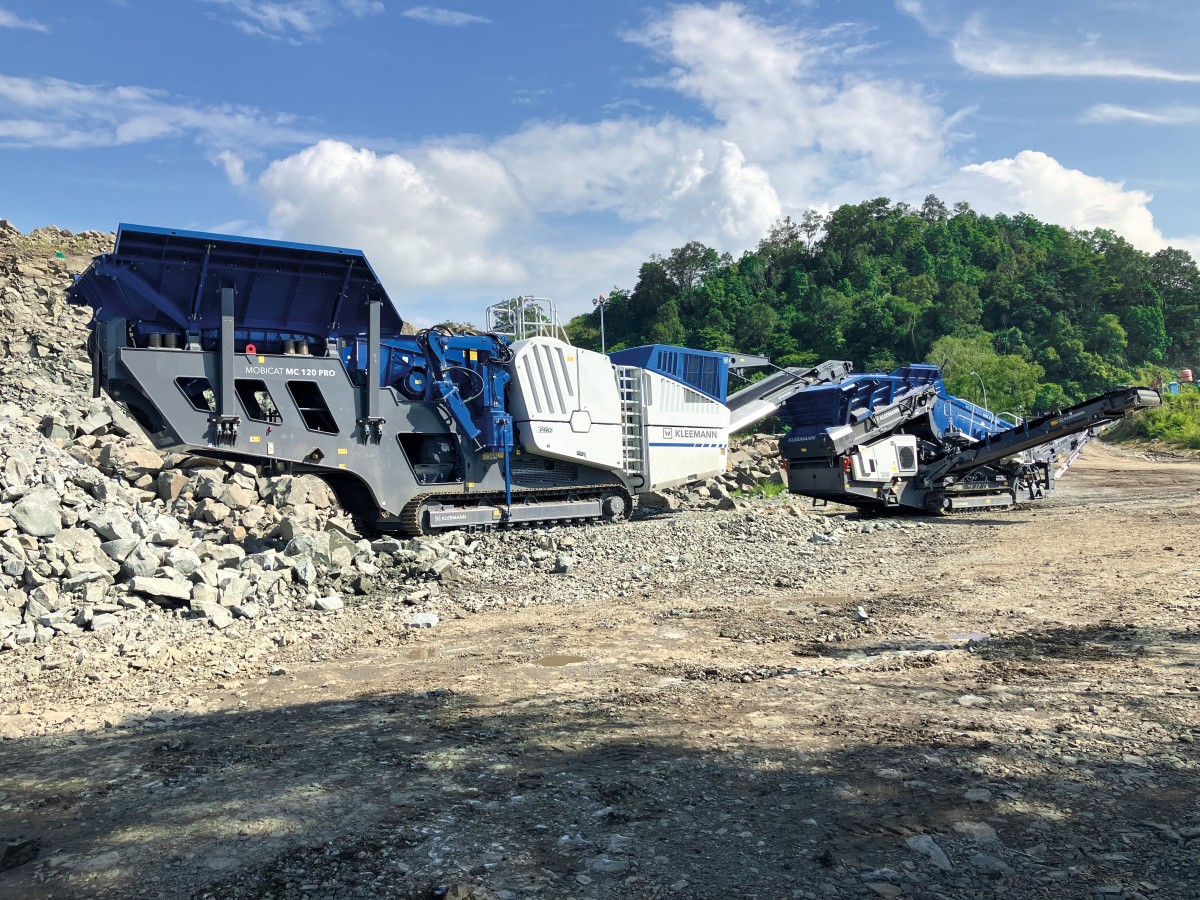
Earthmoving Machinery
28/10/2024
Kleemann: Andesite processing in Indonesia
A MOBICAT MC 120 PRO and a MOBISCREEN MSS 802 EVO are deploy...
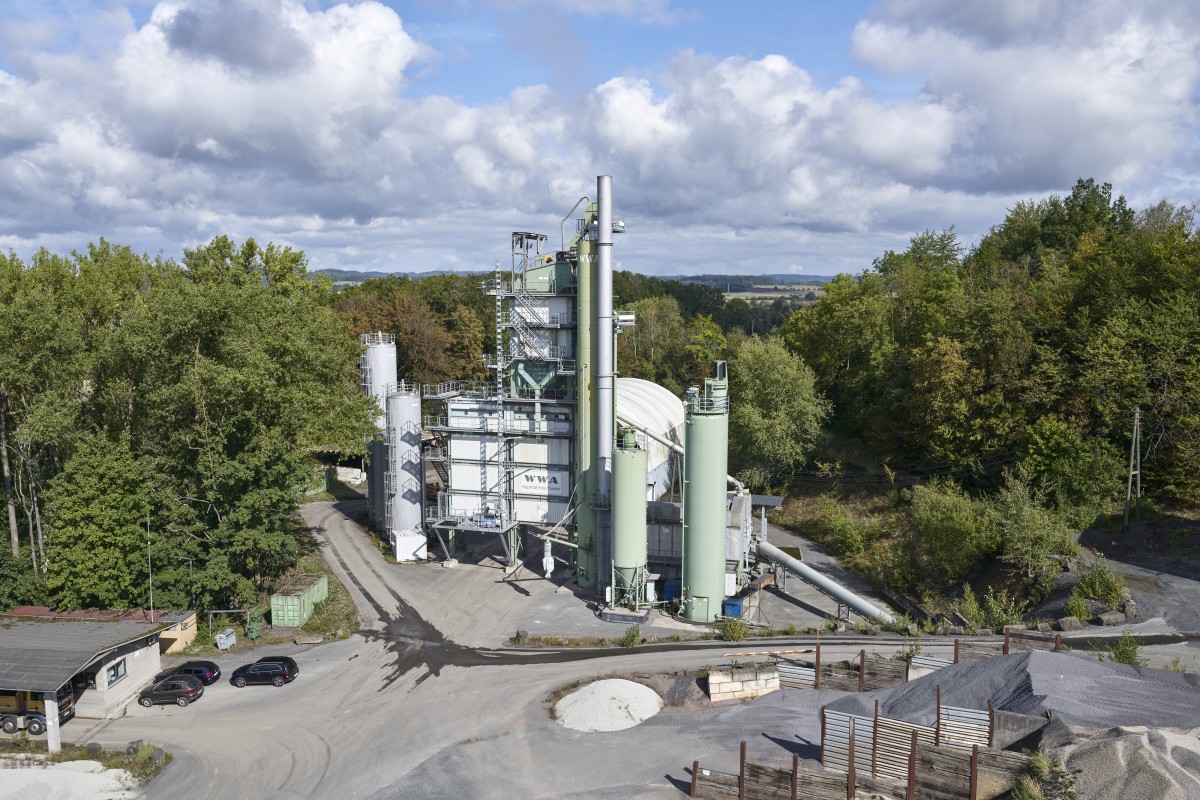
Earthmoving Machinery
24/10/2024
Benninghoven's REVOC system proven in practice
The REVOC Retrofit solution has been installed at an existin...
Road Machinery
01/10/2024
The Wirtgen Group at Paving Expo 2024
The Wirtgen Group presents groundbreaking technologies at Pa...
Altri International
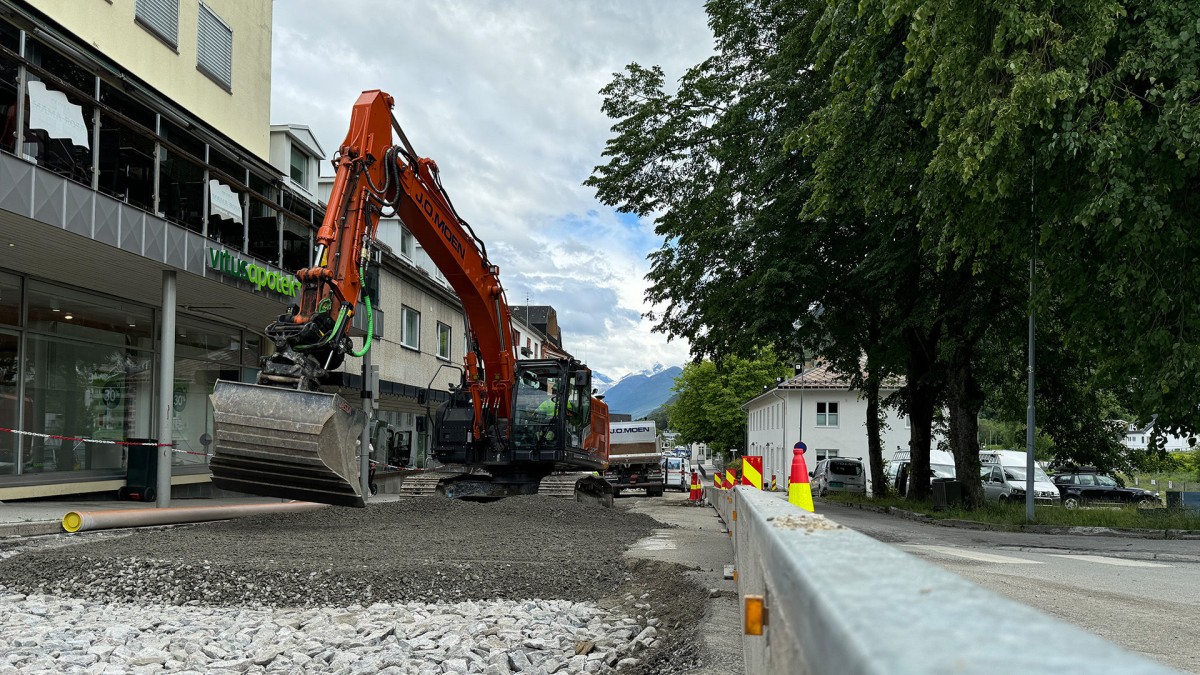
International
28/11/2024
Hitachi's Zaxis-7 excavator is a favourite for Norwegian family-business
Norwegian family business JO Moen AS has added a ZX225USRLC-...
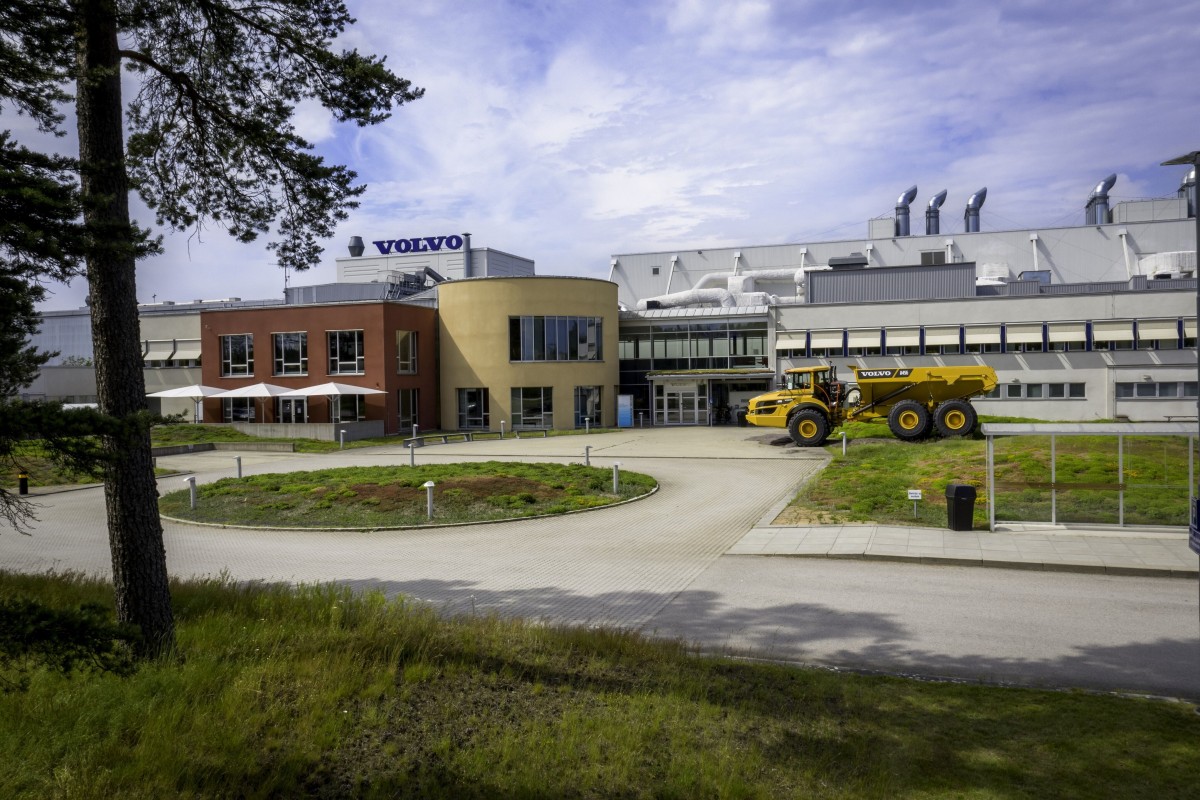
International
27/11/2024
Home of Volvo Construction Equipment’s pioneering articulated haulers advances to Climate Efficient Site
As one of the construction industry’s most active drivers of...
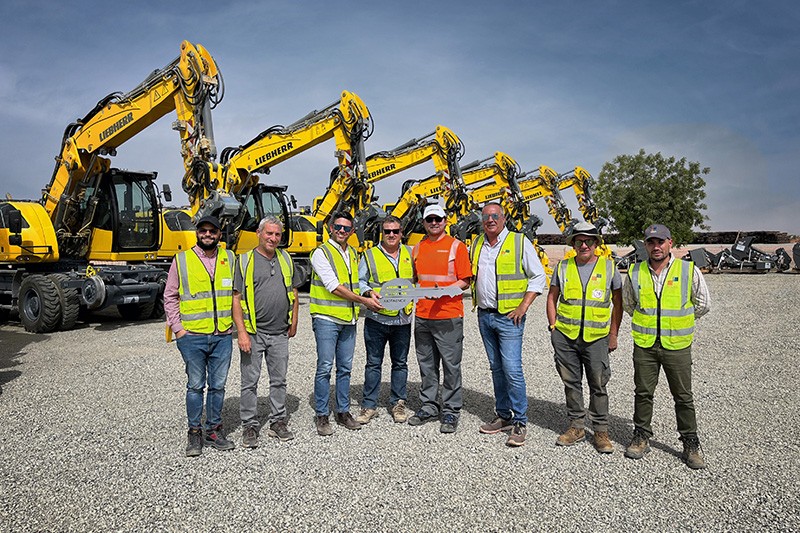
International
26/11/2024
Mota-Engil orders 10 Liebherr railroad excavators for a major project in West Africa
The Portuguese construction company Mota-Engil has once agai...
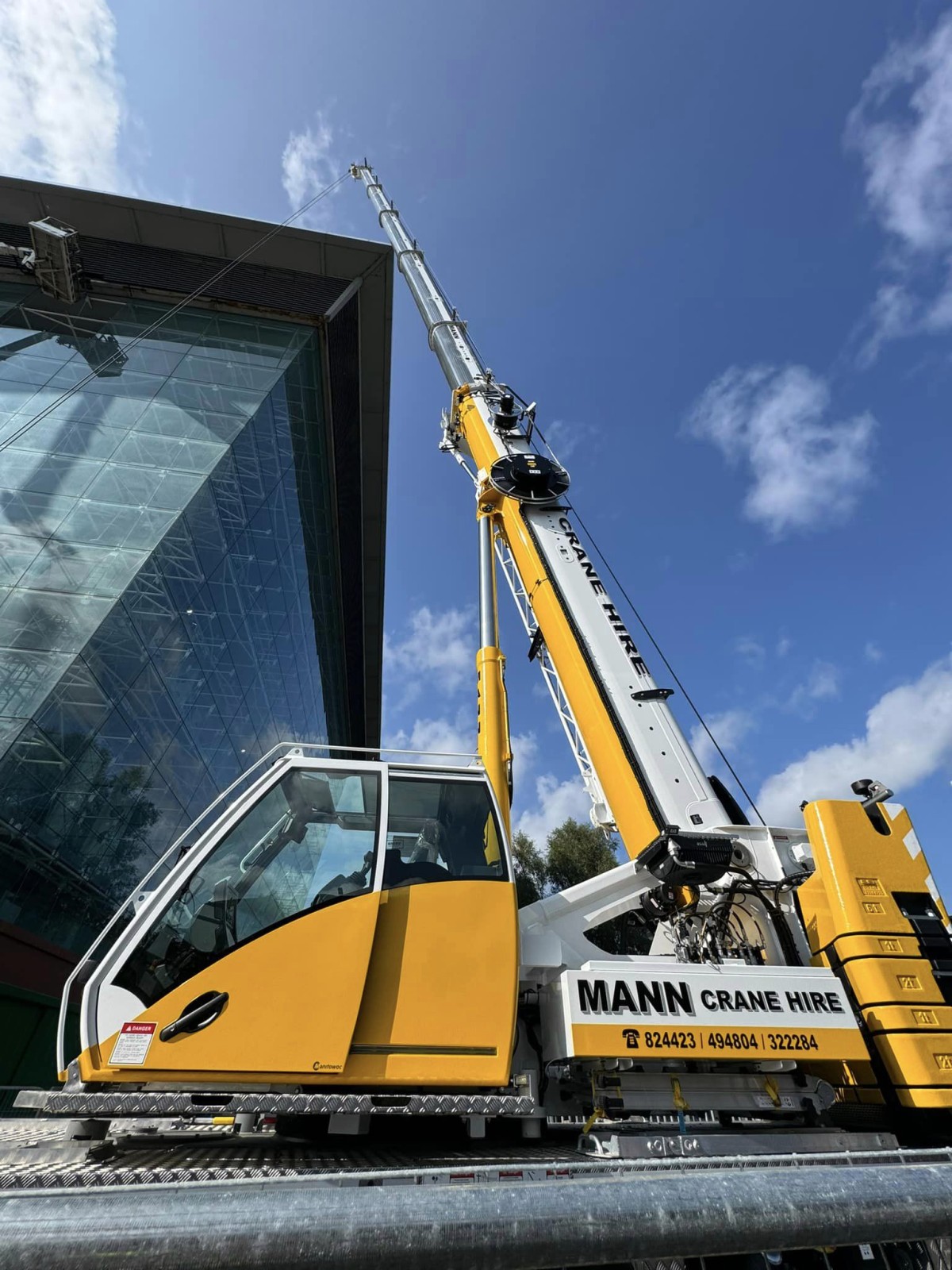
International
25/11/2024
New Grove GMK3060L-1 drives busy schedule for Mann Crane Hire
• Mann Crane Hire selected the GMK3060L-1 for its class-lead...
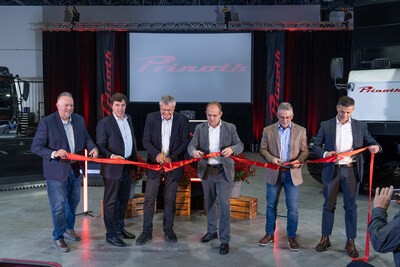
International
25/11/2024
Prinoth Unveils Expanded Production Facility in Granby, Canada
Prinoth held an event to announce the official opening of it...
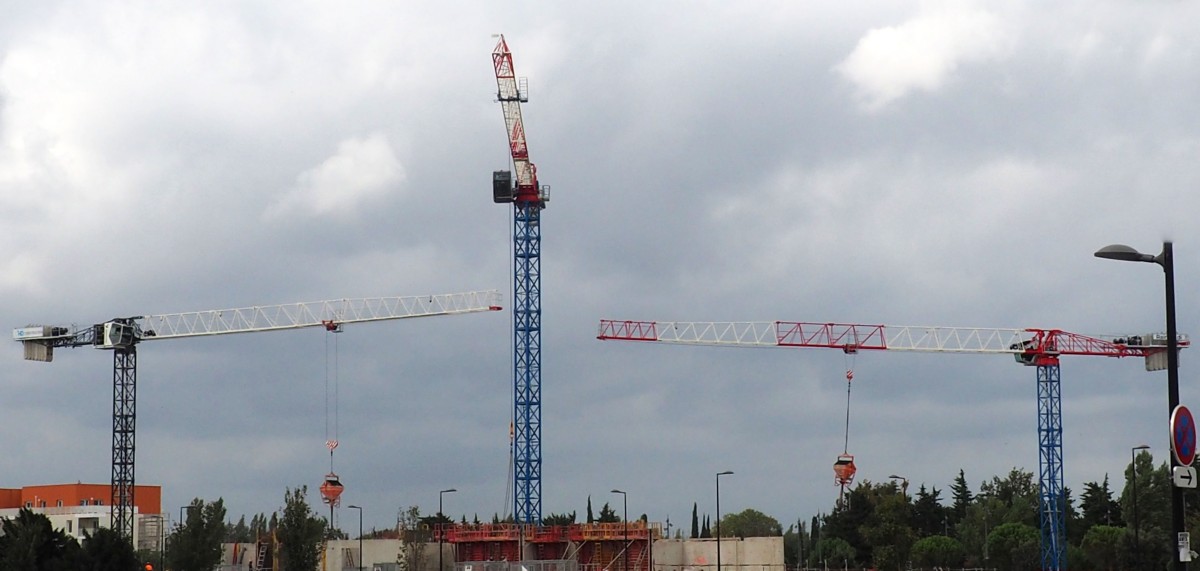
International
23/11/2024
GPMat International takes delivery of two Raimondi T147s residential development in the South of France
- Official agent of France expands its product lineup with t...












